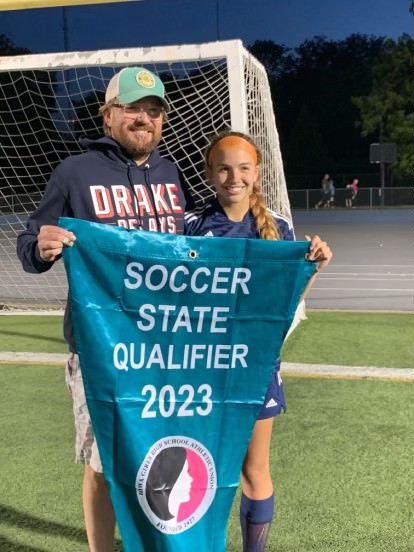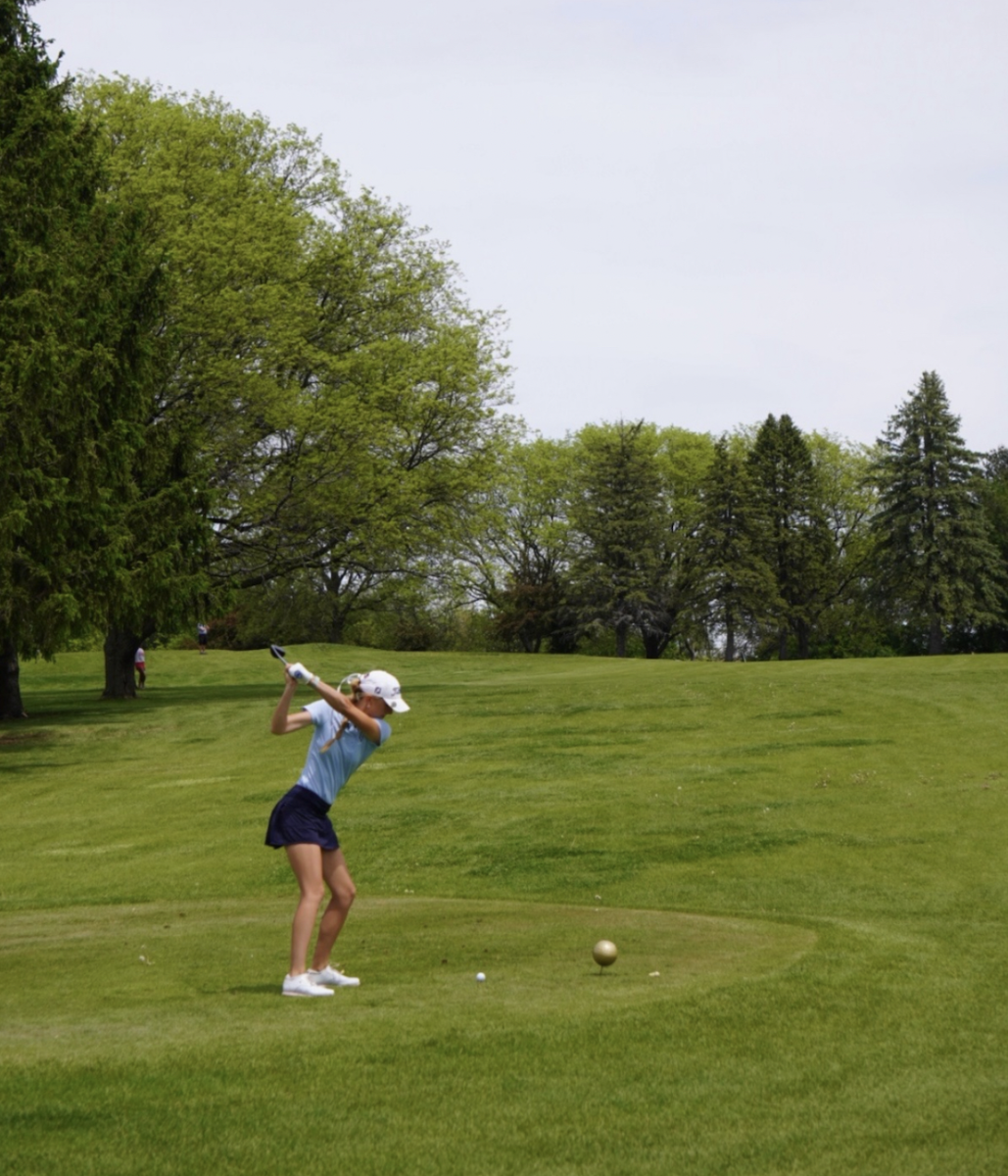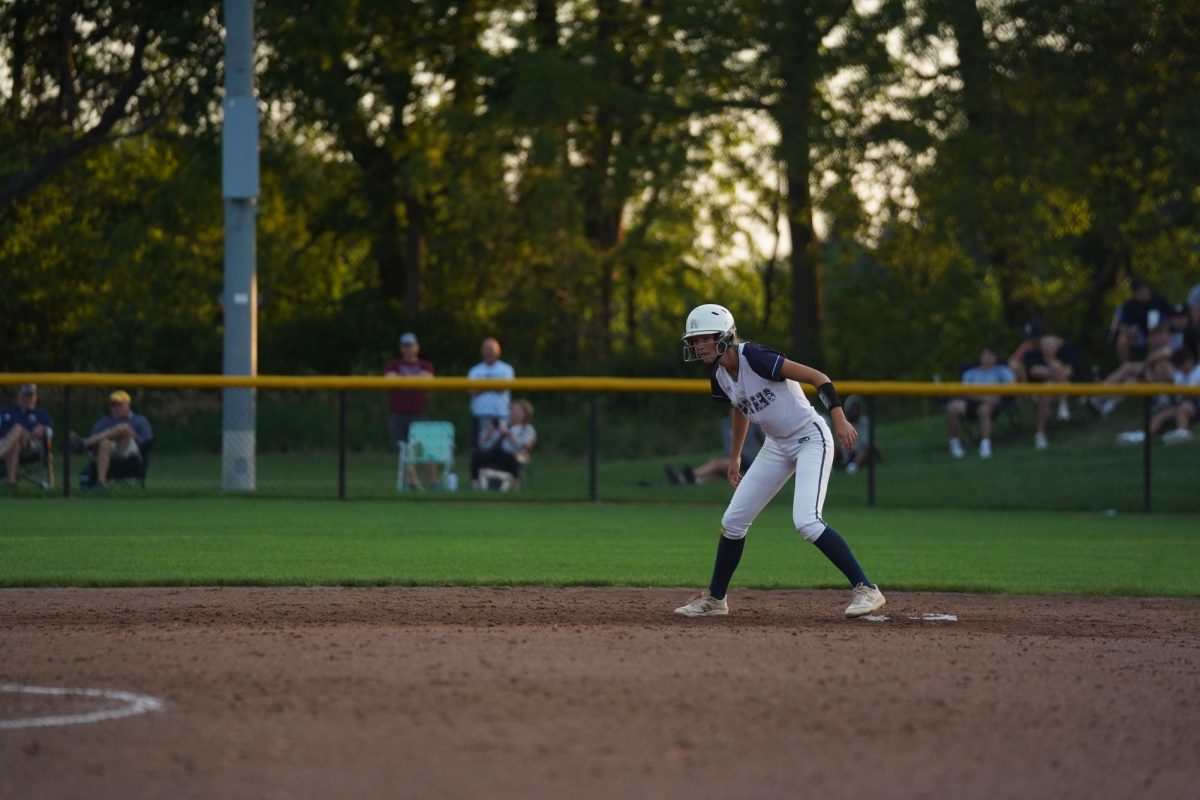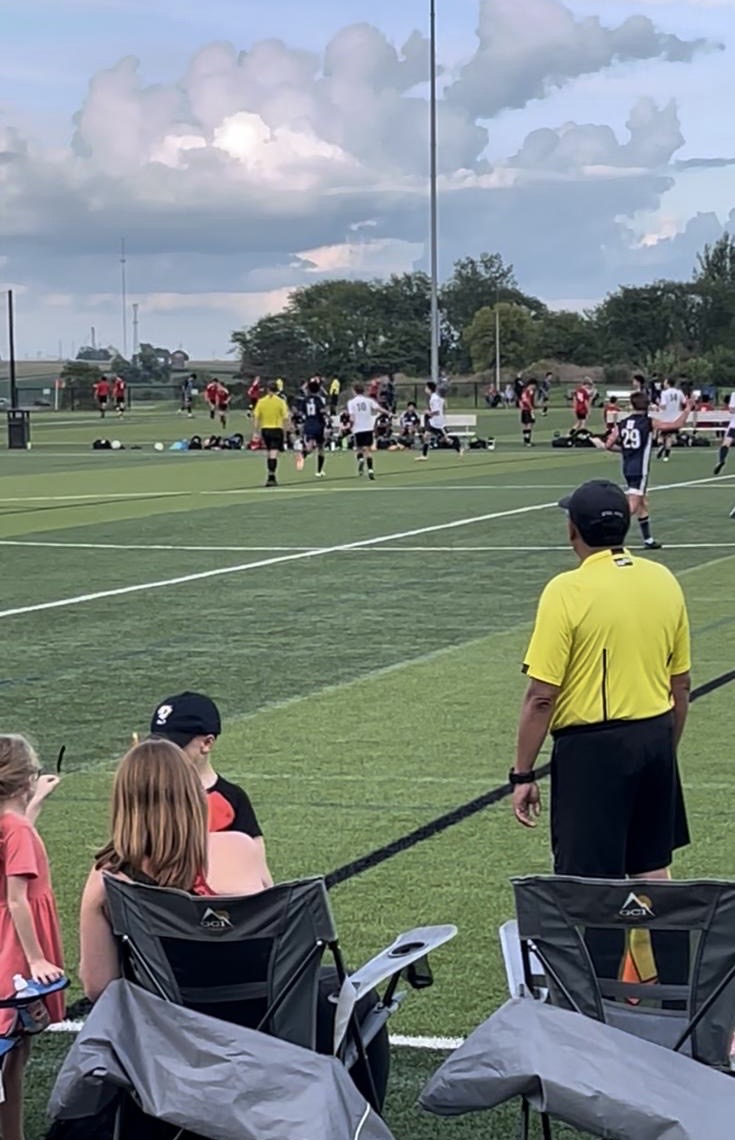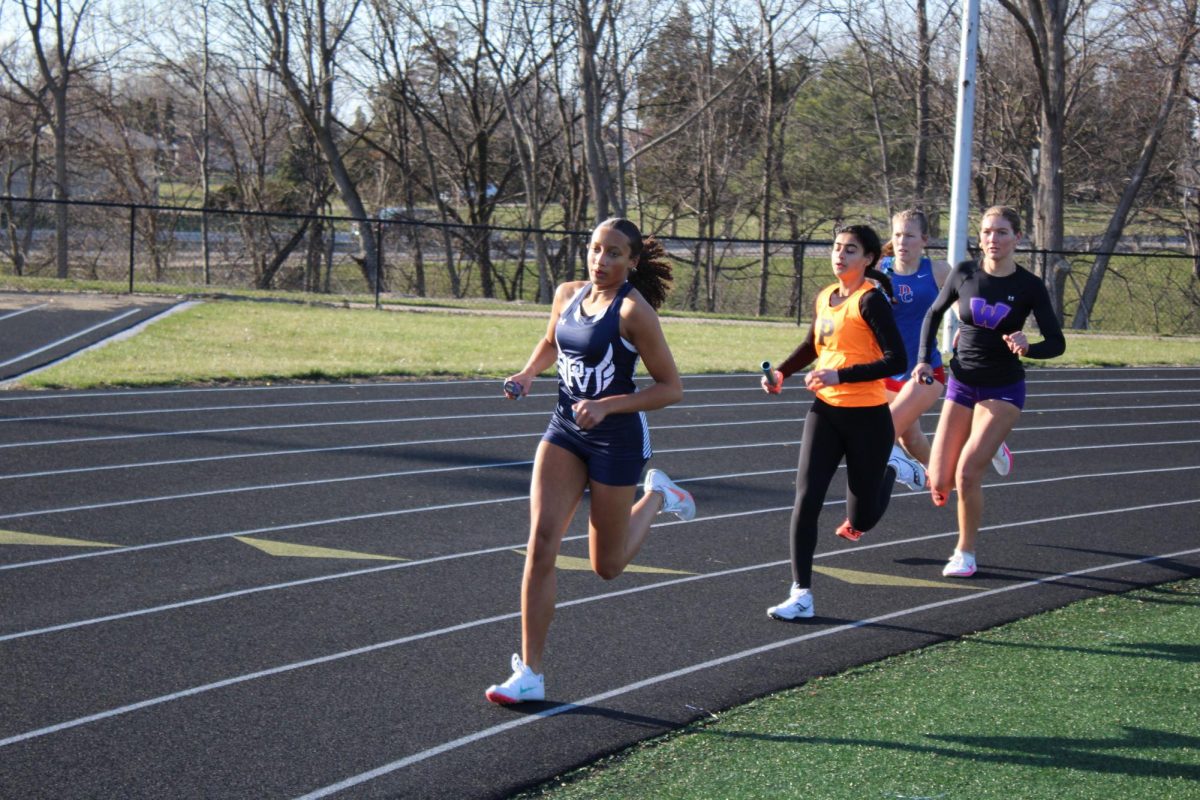The additional title of “coach” added to a parent can be one of two things: bonding or detrimental. From youth to professional sports, there have always been parents who have coached their kids.
Ideally, a relationship between a parent-coach and their child would be strictly professional. The child would not receive special treatment nor would they be treated poorly because of their relation to the coach. Most athletes get to leave practice and come home to a completely sport-free environment, and the same is expected for a child of a coach.
This is often not the case.
Millions of athletes quit their sports due to negative coaching experiences, many due to parental coaching.
It’s difficult for a parent-coach to leave athletics out of the relationship with their child when so much of their time together is spent in just that. “When he coached me, we talked about soccer constantly, especially after practices and games. I ended up only seeing him as my coach rather than my dad,” junior Sophia Lewis remarked about her coaching experience with her father.
Talking about sports is inevitable when a parent cares so deeply about their child; while this isn’t inherently a bad thing, it becomes toxic when the parent’s power is abused and boundaries are not in place.
While boundaries are important, they’re difficult to establish.
There is often a barrier between parents and their children in terms of seeing eye to eye. In the relationship between an athlete and a non-parent coach, there is a basic expectation of professionalism. In opposition, the relationship between a parent and child is often far less professional.
When the child of a coach expresses their feelings about something, it can often be brushed off and taken as less serious than it would if they were not family; it makes it much more difficult to make changes in this environment.
There are, of course, ups and downs of a situation like this. “We eventually talked everything out and realized he’s my dad first and talking about soccer needs to be more relaxed. Now, I love debriefing with him after games and getting his insight,” Lewis stated.
Parents love pushing their kids to be great, but at what point does it become too much?
The expectations of a parent coaching their kids can either be very constructive and motivating or can cause burnout. The intense pressure of a parent watching their child’s every move in and out of practice can be so overwhelming that many kids no longer feel excitement or passion for the sport that once brought them so much joy.
Being coached by a parent at a younger age in comparison to a high school-aged student is far different in terms of what foundational skills are taught.
Senior Molly Albrecht, coached by her father in elementary school, experienced this in a different, more positive light. “When I was younger I was more sensitive and he was still a really hard coach for me then, but I’ve built up a lot of resilience because of that. Now, I can take criticism from a coach or teammate, and I can do well under pressure because my dad put me in so many of those situations,” Albrecht stated.
While there are so many things that could go wrong, there are also so many things that could go right. When the coaching role is taken maturely and professionally, a parent can do many good things for their athlete.


